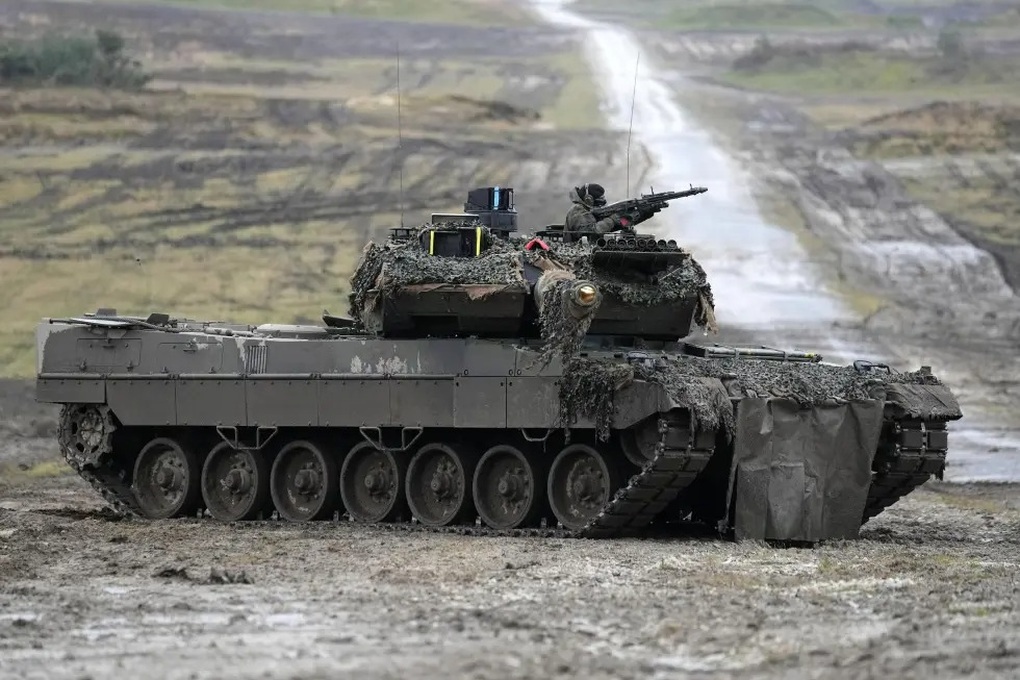
Leopard 2 tanks in operation in Germany (Photo: AP).
In a statement on November 6, the German Defense Ministry announced that "the 203rd tank battalion and the 122nd motorized infantry battalion will be redeployed to Lithuania."
The new tank unit will be named the 42nd Tank Brigade. The additional force will join the German-led NATO rotational force once all necessary infrastructure has been completed.
The new unit, expected to be operational in 2025, will have a total of 4,800 servicemen.
There are currently about 1,700 soldiers from six NATO member states stationed in the Baltic country, about half of whom are German.
German Defense Minister Boris Pistorius described the deployment as a "lighthouse project of the new era", and said the German army would form several new units, stationed on German territory, to replace the two battalions sent to Lithuania.
Speaking to German media last month, Minister Pistorius explained that Germany was seeking to demonstrate “solidarity and responsibility” in the eastern region with the move. He also described Russia as a threat, adding that this would likely continue “for at least the next few years”.
Germany's defense minister first revealed the deployment plans in June after meeting with his Lithuanian counterpart Arvydas Anusauskas.
The Baltic states of Lithuania, Estonia and Latvia have all been members of NATO and the European Union (EU) since 2004.
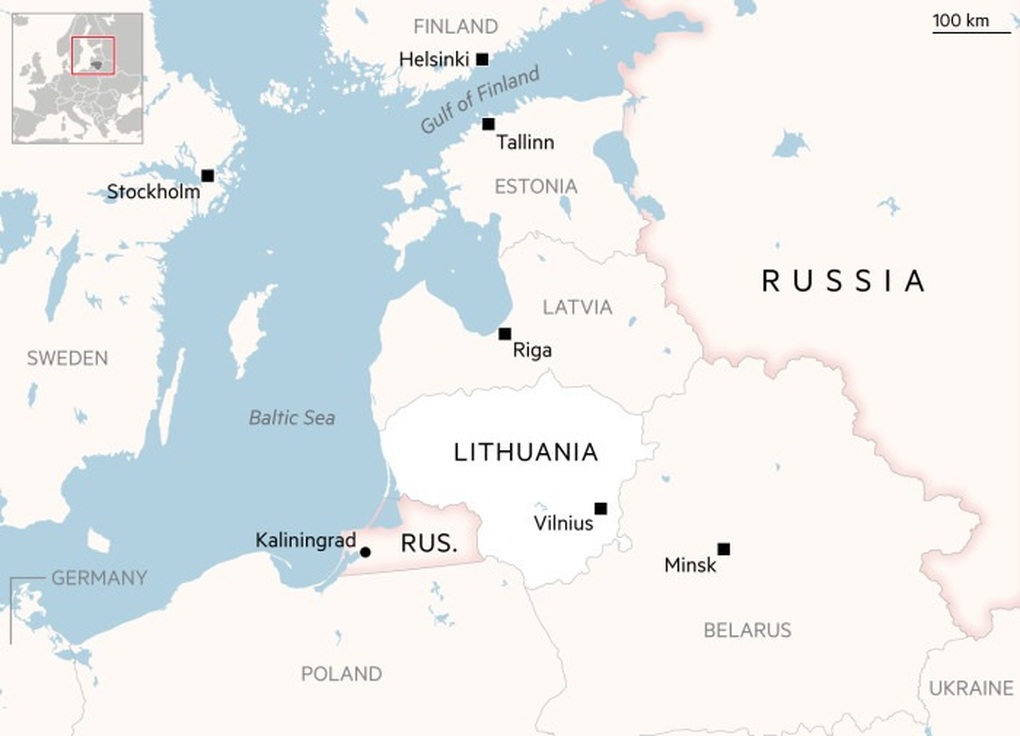
Location of Russia and the Baltic countries (Photo: Financial Times).
Meanwhile, Russia has repeatedly warned NATO not to move its forces closer to Russia's borders. Moscow has warned that it will respond accordingly to NATO's military buildup in Eastern Europe.
In September, Russian Deputy Foreign Minister Aleksandr Grushko accused the US-led military bloc of rehearsing for a military conflict with Moscow, after NATO announced plans to hold its largest joint exercises since the Cold War.
The Russian diplomat said NATO's Steadfast Defender 2024 exercise was "clearly aggressive in nature" and aimed at "applying military-political pressure".
Last month, Foreign Minister Sergey Lavrov said Russia would respond to NATO’s nuclear sharing plan, which would see part of the US nuclear arsenal deployed outside its borders and Washington helping train the militaries of some NATO allies to deploy those weapons.
The US is believed to currently store dozens of nuclear bombs across European countries such as Germany, Italy, Belgium, the Netherlands and Türkiye, and even Poland has been trained in how to use the weapons.
Mr. Lavrov said that this increases strategic risks, as well as makes the regional situation unstable in the context of Russia feeling an increasing threat from NATO.
Mr. Lavrov stated that all countries should commit to not allowing third parties to use their national territories to "create threats to anyone" and should eliminate policies that support the imposition of power.
From Moscow’s perspective, most Western countries under Washington’s influence view Russia as an adversary. Therefore, Russia finds no common vision and interests in discussing regional security issues with these countries.
Source


![[Photo] Press delegation meeting to visit Truong Sa and DK1 Platform](https://vphoto.vietnam.vn/thumb/1200x675/vietnam/resource/IMAGE/2025/5/22/6b8d232877ec421a9e8187d83b9f8006)
![[Photo] T&T 1 and Ho Chi Minh City 1 People's Police Teams won the men's and women's team championships](https://vphoto.vietnam.vn/thumb/1200x675/vietnam/resource/IMAGE/2025/5/22/39db06ae67cb4001b7a556e8d9a56d07)
![[Photo] Prime Minister Pham Minh Chinh chairs meeting on draft Resolution of National Assembly on International Financial Center in Vietnam](https://vphoto.vietnam.vn/thumb/1200x675/vietnam/resource/IMAGE/2025/5/22/d398664ff1a140629169ea5a24e1b4d0)

![[Photo] General Secretary To Lam chairs a working session with the Central Internal Affairs Commission](https://vphoto.vietnam.vn/thumb/1200x675/vietnam/resource/IMAGE/2025/5/22/3b7790f499da45b2803d8ae253207ef1)

















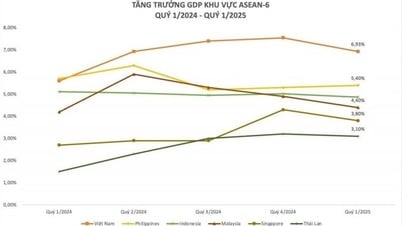



















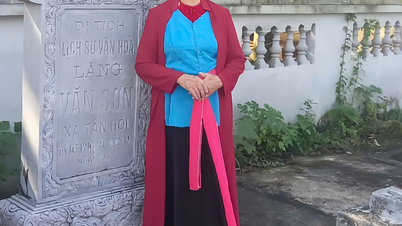

























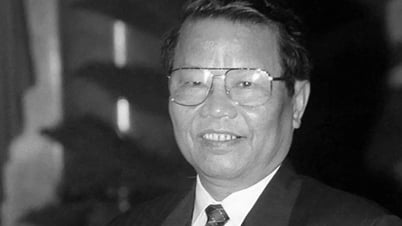











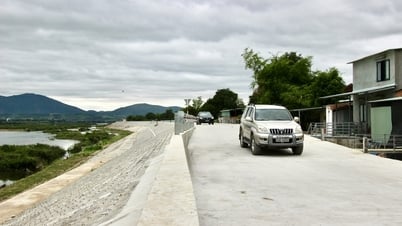







![[Podcast] Week introducing more than 500 OCOP products in Hanoi](https://vphoto.vietnam.vn/thumb/402x226/vietnam/resource/IMAGE/2025/5/22/d144aac2416744718388dbae3260e7fd)





Comment (0)